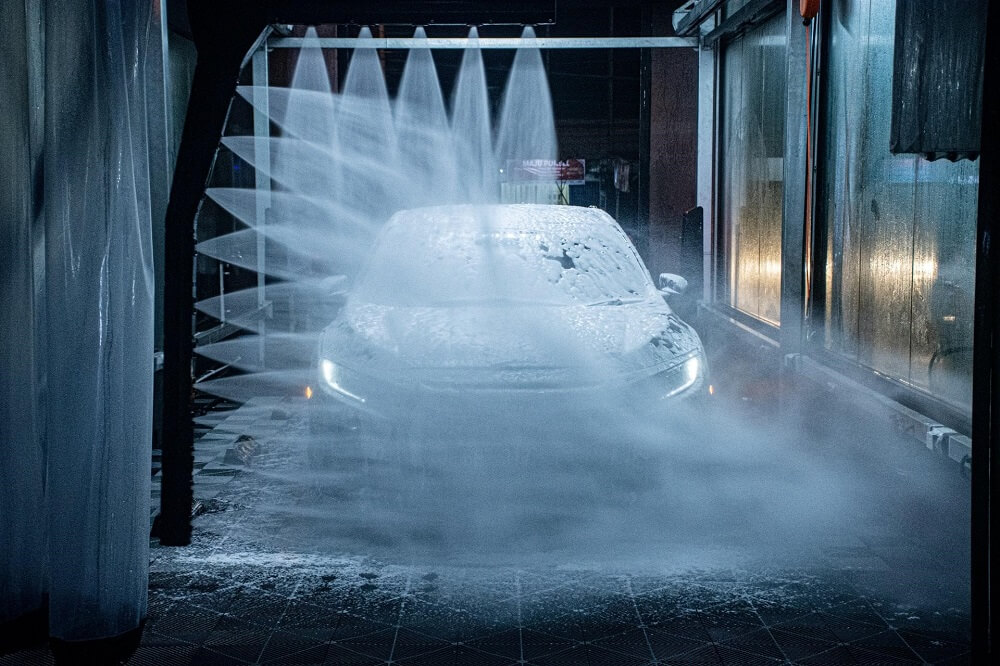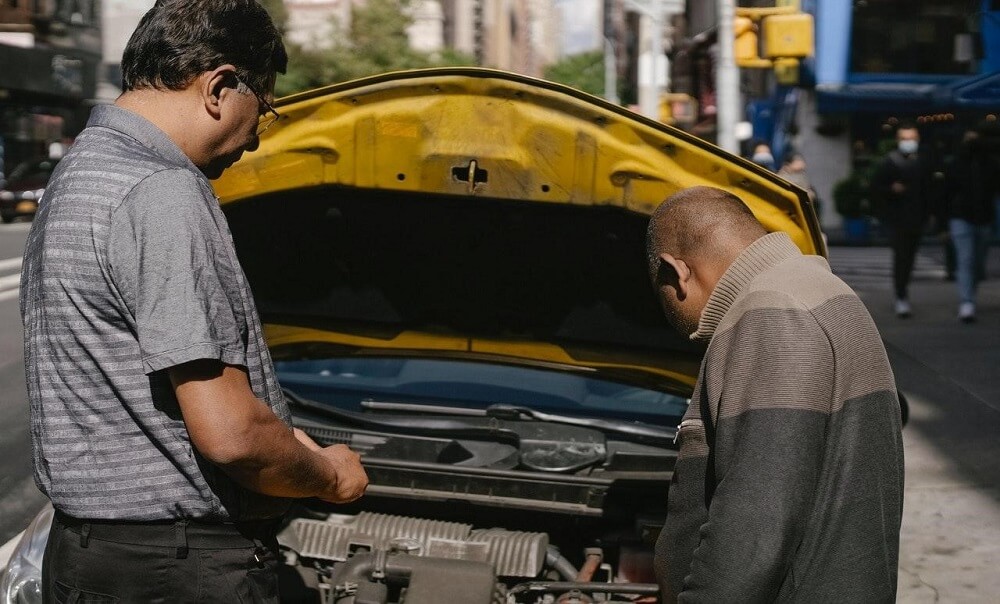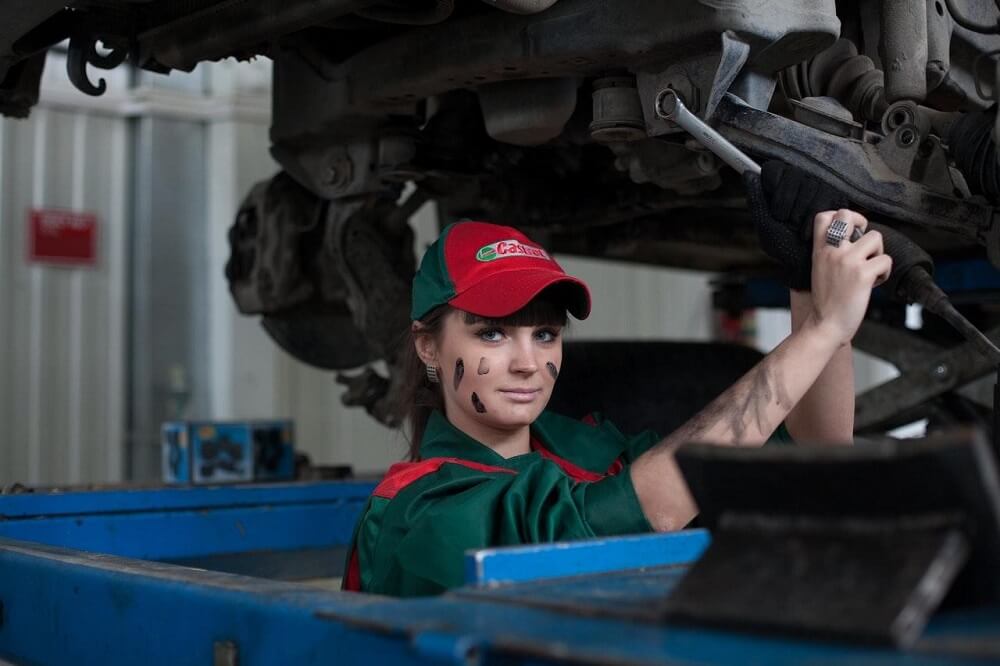Every vehicle needs regular maintenance especially if it is often used. Maintenance helps you preserve its features and avoid bigger damages, saving money you may spend on repairs in the long run. You also keep yourself safe.
General car maintenance tips can be applied to almost all kinds of vehicles. But in some cases, there may be specific things you have to do for the type of car that you have.
The critical information you should remember is that you don’t need to pay an expert or a car mechanic to perform every vehicle maintenance procedure. Some maintenance tips are pretty easy. The ease means that you can handle basic vehicle maintenance yourself.
Before going right on to regular vehicle maintenance tips, we must take the first things first.
How Familiar Are You With Your Owner’s Manual?
Many car drivers are reluctant to check their car’s owner’s manual. No matter how experienced you are driving a car, reading the owner’s manual is always essential. Reading and understanding the manual will save you resources.
The manual saves you the time you use to figure out techniques yourself, extra costs, and energy. Perusing the manual helps you take note of new features and their positions.
The manual contains a maintenance schedule suggested by the car manufacturers. The schedule covers all the parts and features of the vehicle you need to take note of often. With the schedule, you get the idea of how regularly you can change some parts. Studying the manual also ensures your safety if you take the instructions carefully.
Car Maintenance Procedures to Do on a Regular Basis
1. Washing Your Car
Washing your car often is the most ignored but important vehicle maintenance tip. Car washing increases the durability of the car. Washing your car ensures the engines and other dependent features are working every time. Washing also reduces dirt load on the car.

Dirt attaches to the moisture in the environment and clings firmly to cars forming a film. The dirt film reduces the car’s value over time. Dirt can also get into some car features and clog them, reducing their lifespan.
If you want to get good money when you sell a used car, keep your car clean at all times. As bonus information, you can get or sell clean used vehicles near Raynham at a fair value if you stay around.
2. Quick Regular Inspection
Do quick inspections on a car before you take it for a ride. Some parts are easy to spot, so they are easy to detect when there’s a problem.
Check the headlights, and ensure they are in good condition. These lights are required by the laws of most countries to work well, especially at night. Check for rusts, scratches, and dents. The dents can become more serious if you don’t take care of them immediately.
For other parts of the car that are not as visible, you need detailed checkups to notice those parts. For example, check for leaks from gauges. Restart your car to detect if it sounds different and awkward from normal on hearing one, report to the mechanic, and solve the problem early before it becomes severe.
3. Check Your Engine Oil
The engine oil is unarguably the most important oil of your vehicle. The color of the engine oil gives you an idea of the vehicle’s performance.
Using the engine dipstick, you can check the level or color of engine oil in most cars. However, newer vehicles use electronic gauges to check the oil levels. Good engine oil should look somewhat translucent and clean with a smooth, greasy texture. If upon inspecting, you notice it looks darker and filthy, it is time you replace the oil.
If you want to reduce the frequency of changing the engine oil, buy synthetic oils. Synthetic engine oils have more advantages over natural engine oils. For example, synthetic oils are cleaner and have better viscosity. Also, most people consider synthetic oils more efficient and long-lasting than natural oils or blends.
4. Check Your Car Battery
Car batteries are as important as the car engine. Your car battery can tell if your vehicle is in a healthy shape or not. Checking your car battery is done after a quick inspection of other parts.
When you inspect the car battery, look out for signs of damage, the battery’s condition, and position. Check for cracks in the battery casing, corrosion, frayed cables, dirt, and other signs that are not normal.
When you notice a new defect, take the car to an expert mechanic. They should be able to make assertions based on their expertise and make corrections.
5. Check Other Fluids
Cars operate on other fluids apart from engine oil. Some include the motor oil brake fluid, power steering fluid, washer fluid, engine coolant, antifreeze, etc.
Check the fluid yourself since most fluids come with gauges. However, an expert will know when to replace the fluid or refill. On the other hand, replacing or refilling is easy. Learn how to do these tasks so you can handle them yourself.
In checking the fluids, never try to remove the radiator cap to check the fluid. You stand a high chance of getting scalded.
6. Replace Items That Wear Out Quickly
Belts, hoses, brake pads, and wiper blades are in this category. If belts or hoses show any sign of wearing or cracking, replace them as soon as possible. The timing belt is essential, as it connects to the car engine and keeps it working. A timing belt that goes off while driving may damage the engine.

In addition, get new brake pads if the brakes give awkward sounds or if they feel cranky and weak. When the wiper blades start to screech against the windshield, it is due for replacement.
7. Check Tires
Car tires keep the car mobile. Inflating your car often lessens the chances of a blowout as you ride. Also, regular inspection of your tires helps you to know when it’s time to get a new one.
Aside from car inflation, knowing the correct tire pressure is essential. The proper pressure reduces the rate at which the tire wears out. The information about the ideal tire pressure of the car is often in the owner’s manual or close to the driver’s door. Check the tire pressure every month.
8. Air Filters and Cabin Filters
Clean your air filter often, or at least once a month. Changing the air filter depends on how much you use the car or where you travel in the car. If you use the vehicle often, you need to change the filter often as you change your engine oil. Depending on these factors, you can change this r every two or three months.
Conclusion
Car maintenance is preferable for making expensive repairs when the car breaks down. However, it would be best if you were up to date with your maintenance schedules to keep your car working and clean. Always remember that taking care of your car keeps you safe, as it keeps the vehicle safe.






